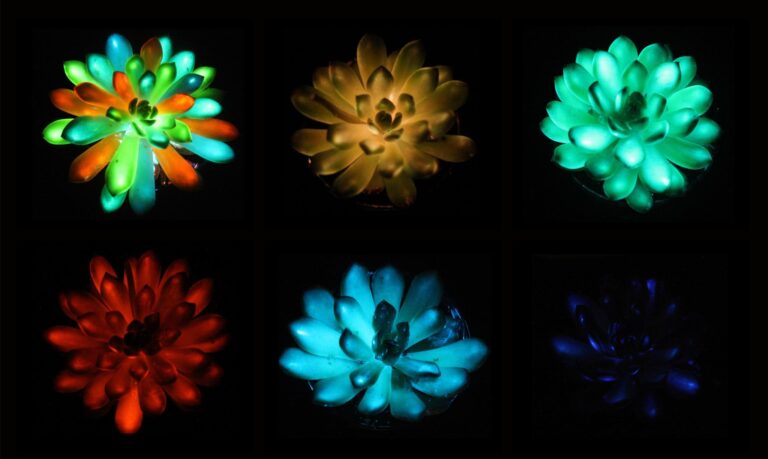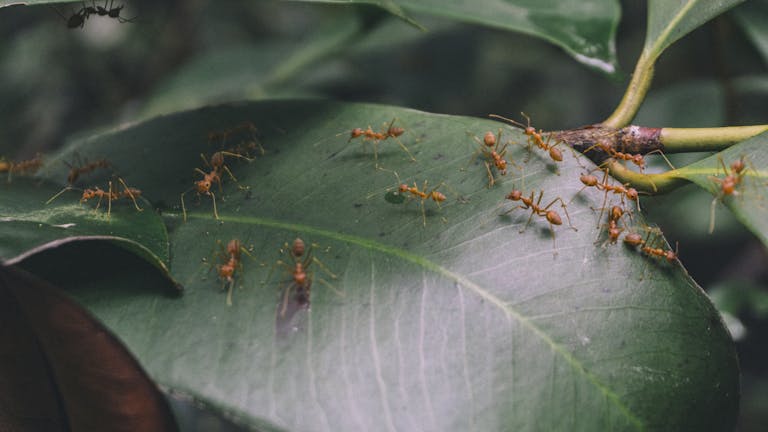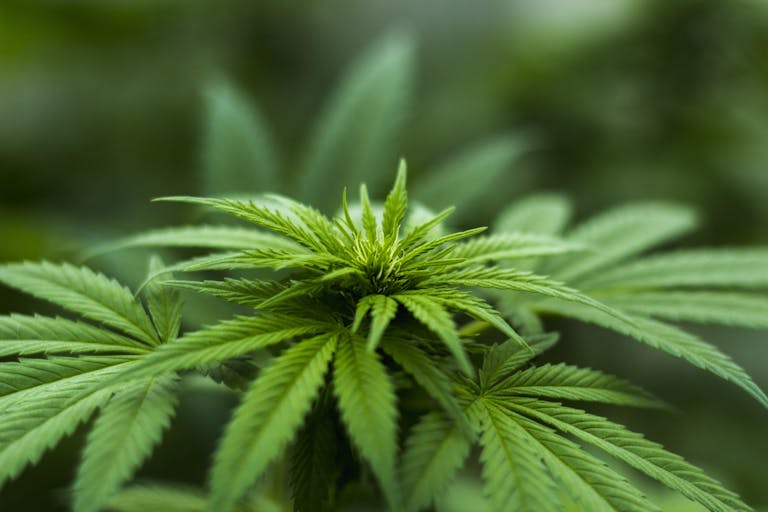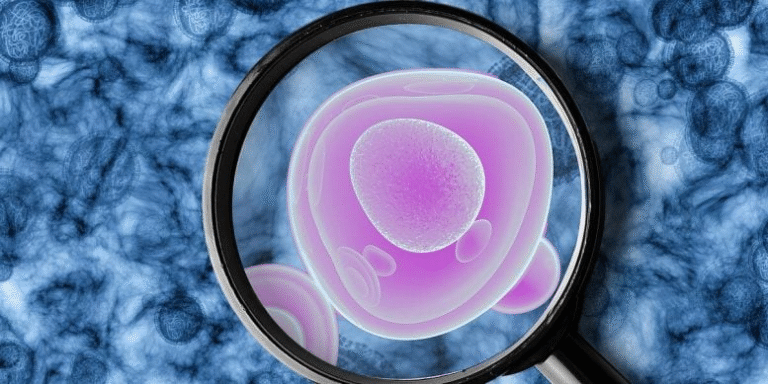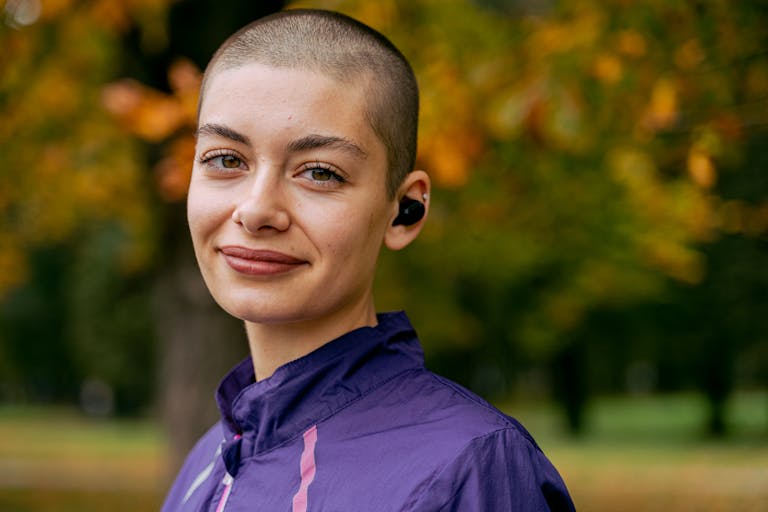Sucralose May Be Undermining Cancer Treatments – What You Should Know
If you’re someone who enjoys a splash of zero-calorie sweetener in your morning coffee or a chilled can of diet soda, here’s something that might surprise you. A new study has raised concerns that sucralose, a popular artificial sweetener found in products like Splenda, could actually reduce the effectiveness of cancer immunotherapy treatments.
Let’s unpack what the researchers discovered—and why it’s important.

What Did the Study Find?
A team of scientists from the University of Pittsburgh and UPMC Hillman Cancer Center looked into how sucralose interacts with the body, particularly in the context of anti-PD-1 immunotherapy—a treatment designed to help the immune system target and destroy cancer cells.
Their findings, published in the journal Cancer Discovery, were pretty eye-opening: patients with melanoma or non-small cell lung cancer who regularly consumed sucralose responded less effectively to immunotherapy. In fact, they had lower survival rates than patients who consumed little to no sucralose.
So what’s going on?
The Gut Connection: Microbiome Disruption
It turns out the issue may lie in how sucralose affects your gut microbiome—the community of bacteria in your digestive system that plays a big role in your overall health.
In lab mice, researchers found that sucralose shifted the balance of gut bacteria in a way that reduced levels of an important amino acid called arginine. Arginine is crucial for T cells, the immune system’s cancer-fighting warriors, to function properly. Without enough arginine, T cells can’t do their job effectively—making immunotherapy much less successful.
A Silver Lining: Arginine (or Citrulline) to the Rescue?
Now, here’s the interesting part. The team experimented by giving sucralose-fed mice arginine supplements, or citrulline, which the body converts into arginine. The result? The effectiveness of the immunotherapy bounced back.
That means we might not need to tell every cancer patient to stop consuming sucralose cold turkey. As lead researcher Dr. Abby Overacre put it:
“It’s easy to say, ‘Stop drinking diet soda,’ but when patients are being treated for cancer, they are already dealing with enough… That’s why it’s so exciting that arginine supplementation could be a simple approach to counteract the negative effects of sucralose.”
This is a pretty encouraging development—and one that could lead to more practical, patient-friendly solutions in cancer care.
What About Humans?
To see if the mouse findings translated to people, the researchers surveyed 132 patients with advanced melanoma or lung cancer. They filled out detailed questionnaires about their diets, including their use of artificial sweeteners in drinks like tea, coffee, and soda.
Sure enough, those who reported high sucralose consumption saw less success from immunotherapy—mirroring what the scientists saw in the lab.
What’s Next?
The team is now planning clinical trials to test whether supplements like citrulline could help real-world patients who want to keep using artificial sweeteners. They’re also curious about how other sugar substitutes—like aspartame, stevia, saccharin, and xylitol—might impact the immune system and cancer treatment outcomes.
This could open the door to a new field of personalized cancer care where diet and supplements are tailored to support immunotherapy.
Should You Be Worried?
If you’re undergoing cancer treatment, especially immune checkpoint inhibitors like anti-PD-1 therapy, it might be worth discussing your use of artificial sweeteners with your doctor. While more human trials are needed, this research offers a compelling reason to take a closer look at the everyday ingredients that may be playing a hidden role in treatment success.
At the very least, this is another reminder that our diet and gut health are deeply connected to how our bodies respond to serious illnesses—and sometimes even small things, like a sweetener packet, can make a big difference.
Source: Cancer Discovery
